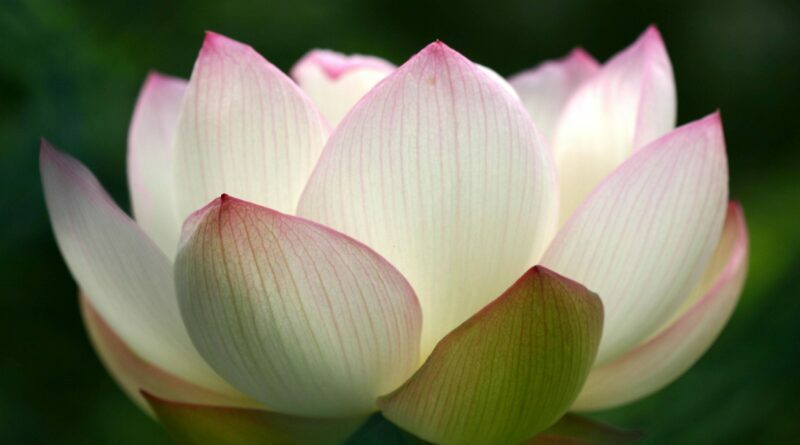GLOSSARY
GLOSSARY
Ajaan: Teacher; mentor. This is a Thai term derived from the Pali, ācariya.
Anusaya: Latent tendency; obsession. There are seven altogether: sensual passion, resistance, views, uncertainty, conceit, passion for becoming, and ignorance.
Anussati: Recollection as a meditation exercise. The Ten Recollections are: recollection of the Buddha, recollection of the Dhamma, recollection of the Saṅgha, recollection of virtue, recollection of generosity, recollection of the qualities that make one a deva, mindfulness of death, mindfulness of the in-and-out breath, mindfulness immersed in the body, and recollection of the peace of nibbāna.
Arahant: A person whose heart is free of passion, aversion, and delusion, and who is thus not destined for further rebirth. An epithet for the Buddha and his highest level of noble disciples.
Brahmā: A deva of the non-sensual heavens of form (rūpa) or formlessness (arūpa).
Buddho: Awake. An epithet of the Buddha.
Deva: A “shining one.” An inhabitant of terrestrial or celestial levels of sensual pleasure.
Dhamma (dharma): (1) The teaching of the Buddha. (2) Phenomenon, event. (3) Mental quality, mental event. (4) The dimension at which the Buddha’s teachings are aimed: nibbāna.
Jhāna (dhyāna): Meditative absorption in a single mental object or sensation. If the object is physical, such as the breath, the absorption is termed rūpa jhāna. If not (as when absorbed in a sense of boundless space or consciousness), the absorption is termed arūpa jhāna.
Kamma (karma): Intentional action that leads to further states of becoming.
Khandha (skandha): Aggregate; heap; group. Physical and mental components of the personality and of sensory experience in general: rūpa (form, physical phenomenon); vedanā (feeling); saññā (perception, mental label); saṅkhāra (thought-fabrication); and viññāṇa (consciousness).
Māra: Demon; death; temptation personified. Anything, within or without, that acts as an obstacle to the practice.
Nibbāna (nirvāṇa): Liberation; the unbinding of the mind from mental defilement and the round of rebirth. As this term is used to denote also the extinguishing of fire, it carries the connotations of stilling, cooling, and peace. (According to the physics taught at the time of the Buddha, a burning fire seizes or adheres to its fuel; when extinguished, it is unbound.)
Puñña: Merit; worth; the inner sense of wellbeing that comes from acting rightly or well.
Saṁsāra: The process of wandering on through states of becoming and birth, both on the micro level — in the thought-worlds of the mind — and on the macro level, from one lifetime to another.
Saṅkhāra: Fabrication. This can denote anything fabricated or fashioned by conditions — in which case it covers all five khandhas — or more narrowly, the fourth khandha: thought-fabrication within the mind.
Sutta: Discourse.



